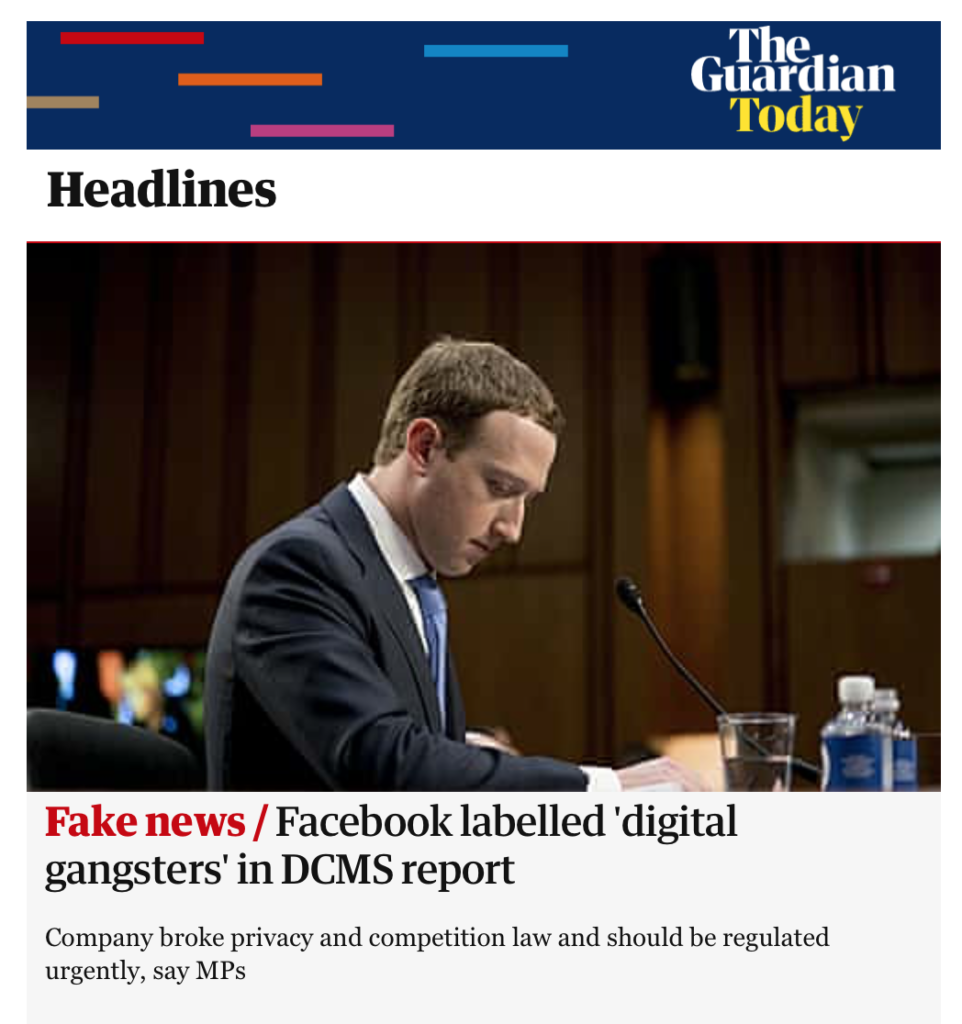Andrew Marr made an interesting speech at a business conference in Dublin the other day. His argument: the prevailing liberal view of the philosophy underpinning enthusiasm for Brexit as imperial nostalgia is wrong. There is, he maintained, an “underlying logic” to wanting to leave the EU in order to pursue an alternative economic model – something Brexiteers referred to as Thatcherism 2.0 – which is under-appreciated in the liberal media and in Ireland. And it was not much discussed in public because of the (accurate) perception that it would “frighten the horses”.
Marr’s summary of this neo-Thatcherite ideology didn’t seem particularly original: it’s the Singapore-on-Thames fantasy — deep cuts to corporation tax and a wholesale jettisoning of regulations to attract inward investment. etc. etc. “You slash corporation tax right down, way below where it is right now, you slash regulations, you tear up your environmental and worker protections and you go for broke, you go for bust.” This is a transcript of Liam Fox talking in his sleep. It may be what some of these crazies believe, but a rational plan for the future it ain’t. And that’s apart altogether from the fact that Singapore is a tiny statelet, not a nation of 60m+ people.
Still, there is one thing that Marr’s conjecture might explain: the volume of dark overseas money that flooded in to fund the Leave campaign. If there’s one thing that the Mercers, the Koch brothers and others are unlikely to finance it’s imperial delusions.


